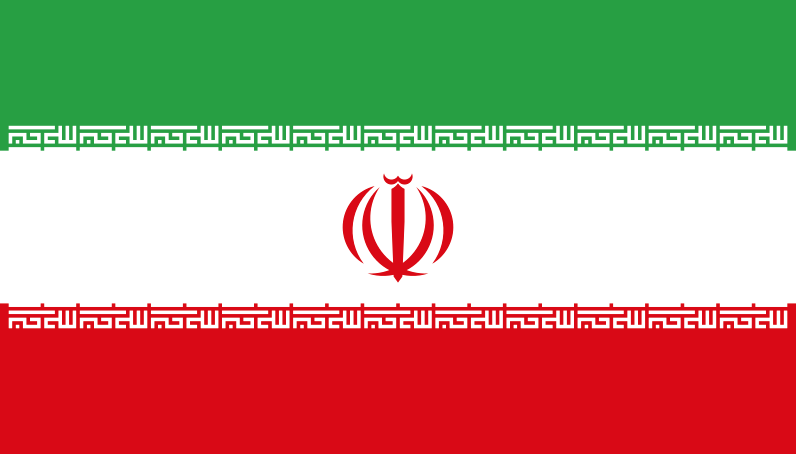Jordan Schneider has a very informative interview with Edward Fishman, who is an expert on the use of sanctions. Until recently, the US would occasionally impose sanctions but not require other countries to adhere to our policy. That all changed with the Iran sanctions, where the US imposed secondary sanctions on third parties that engaged in unauthorized trades with Iran. This comment caught my eye:
Secondary sanctions had been tried before in the mid-90s, but the U.S. effectively wound up blinking and not imposing secondary sanctions on Total, the French oil company that had been investing in Iran’s oil sector. Even the George W. Bush administration decided not to impose secondary sanctions. This tool was very controversial. You can imagine it didn’t go down well with other countries. If you’re an American diplomat and you go meet with one of your counterparts abroad and say, “Sorry, we have to sanction your biggest bank if they don’t stop doing business with Iran” — that just feels like mafia diplomacy, not something that goes down very easily.
Fishman is not opposed to the use of sanctions, rather he is describing the mindset in the early 2000s. Fishman suggests that President Obama used his popularity to get the UN to approve of our sanctions policy.
Jordan Schneider: You mentioned “Mafia diplomacy” as a sort of derogatory term for sanctions tactics. There are a lot of moments in this story where gentlemanliness appears to be very important to Obama.
After the invasion of Crimea, around the Maidan revolution, Obama had a call with Putin where he warned that “Moscow’s actions would negatively impact Russia’s standing in the international community.” Putin’s response was basically like, “I don’t know, man, it’s hard to take you seriously.”
Why was Obama’s demeanor so helpful in the case of Iran?
Edward Fishman: Obama was very attuned to international law, or as you put it, gentlemanliness. You could argue he was very lawyerly in his approach. With respect to the Iran sanctions, I think it actually wound up being helpful because the secondary sanctions against Iran were beyond anyone’s imagination.
Fishman seems to suggest that Obama’s “lawyerly” approach was useful in getting support from our allies, but not necessarily in pressuring our adversaries.
Today, I’m not even sure which countries are our allies and which countries are our enemies. Furthermore, the current administration does not seem to be staffed with lots of “gentlemen”. This Jordan Schneider tweet caught my eye:
I guess it’s a sign of the times when I have to apologize for the language used when I quote top government officials.
In the past, I’ve emphasized that both parties need to pay more attention to process. With each administration, more and more power flows to the presidency. That may seem good if you support the party that is currently in power, but the next administration will inherit that power and perhaps push the envelop even further. Tactics that seem mafia-like to one generation will become accepted as normal by the next. But where does all of this end?
